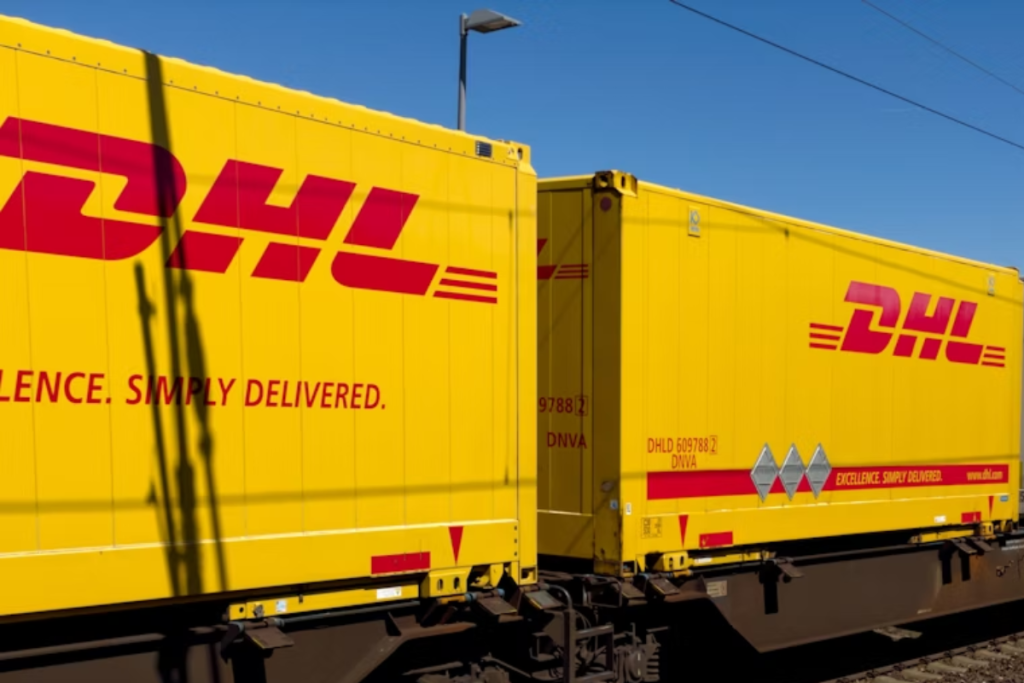After nearly a month of work stoppages and a national test of new federal labor laws, DHL Express Canada has reached a deal with its unionized workforce, ending a high-stakes disruption that rippled across the country’s parcel delivery ecosystem.
Strike Ends With Ratified Four-Year Agreement
A prolonged dispute between DHL Express Canada and over 2,100 unionized workers has formally concluded following the ratification of a new four-year collective agreement. Unifor, Canada’s largest private-sector union, confirmed that 72% of its members voted in favor of the deal, which includes wage increases totaling 15.75%, enhanced pensions, and new disability and mental health benefits. The agreement also updates policies on AI, robotics, and remote work, issues that are becoming central in labor negotiations across the logistics sector.
The settlement follows a lockout initiated by DHL after midnight on June 8, which was immediately met with a strike. Although the company initially kept operations running with temporary labor, those efforts ceased on June 20, the day Canada’s new anti-replacement worker legislation came into effect. The company attributed the full shutdown to stalled negotiations and compliance with the new law, which prohibits the use of replacement workers in federally regulated sectors during labor disputes.
Legislative Test Case Sparks Broader Attention
Unifor’s leadership framed the strike as a pivotal moment for Canadian labor policy. The DHL dispute was the first major test case for the recently passed federal anti-scab law, which redefines how companies can respond to work stoppages. “This is a historic dispute in our union’s books,” said Unifor National President Lana Payne in an official statement, emphasizing that the union’s stance shaped how the legislation would be interpreted in practice.
DHL, whose Canadian client base includes major firms like Lululemon, Shein, and Siemens, announced that all operations will be fully reinstated by June 30. The backlog of shipments is expected to take time to resolve, with workers returning gradually. Meanwhile, many Canadian companies that had shifted deliveries to FedEx or other carriers may reassess their long-term logistics partnerships, especially given ongoing tensions at Canada Post.
Labor Laws Now Shape Network Design
The DHL dispute signals a shift in how labor legislation intersects with operational strategy. For logistics providers operating across borders, new restrictions on replacement labor are no longer a local HR compliance issue, they’re a network design variable. Future facility placement, automation investments, and third-party partnerships may increasingly be evaluated not just by cost or capacity, but by jurisdictional risk tied to labor rules. As seen in the DHL case, even short disruptions can carry long recovery tails, especially when legal frameworks limit operational flexibility. For multinational operators, factoring labor governance into footprint decisions is fast becoming a form of supply chain insurance.





